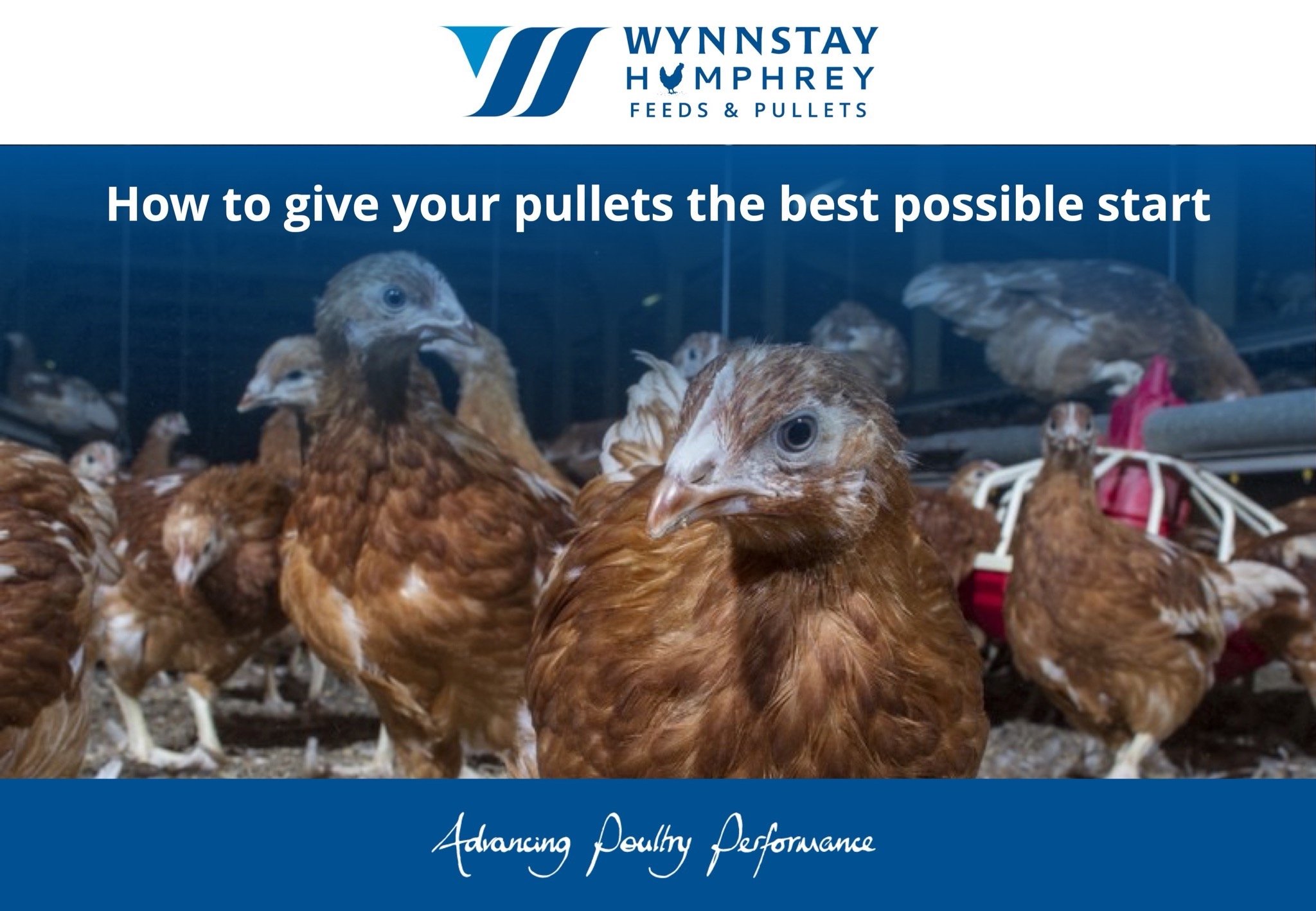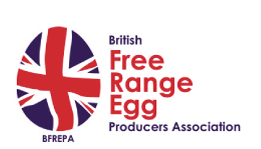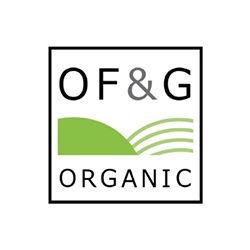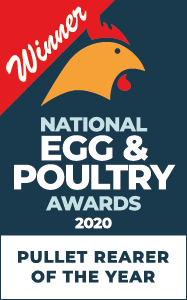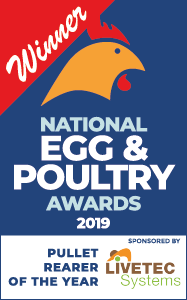Respiratory health is key for healthy birds.
Poultry are vaccinated for the main pathogens that affect respiratory health, and many of the remaining diseases are viral and therefore unaffected by antibiotics. The best way to maintain good respiratory health for your birds is by optimising their air quality.
Key elements that affect air quality:
- Dust
- Ammonia levels
- Humidity
Dust
The environment in a poultry shed can consist of high levels of dust. Studies have shown that the level of asthma of poultry staff is twice that of those who do not work in poultry sheds. The simple rule is that if you are unable to breathe easily, your birds will also struggle.
It is a fact that pigs encounter lower levels of dust than chickens. Because pigs are thought of as dirtier and perhaps, hardier animals, the level of ventilation their sheds get is much higher – typically 10-20 times higher than for chickens. This has the result that the air they breathe is much cleaner.
Ammonia
Ammonia is a toxic gas and can harm a bird’s respiratory system. If the level is high enough for someone to smell it (more than 20 parts per million) - it is harmful.
Studies have shown that where there is a high level of ammonia, the rate of infection from other viruses doubles. It is imperative that levels of ammonia are carefully controlled to low levels.
There are products that can be bought which help reduce ammonia levels within a shed, however the easiest course of action is to ensure that the house is well ventilated.
If air flow is good, ammonia will not build up.
Humidity
It is very important to keep the litter dry and humidity is a crucial element to achieve this.
The recommended relative humidity level is 60% - it can be difficult to judge this independently, so you may need to use a hygrometer.
Humidity is dependent on temperature – colder air holds less moisture. Reducing the temperature to 16/17 degrees will not harm the birds but can be highly beneficial in reducing the amount of water present in the shed, allowing the litter to dry. (Ideal temperature window 15-22 degree centigrade).
The simplest method of controlling air quality is ventilation
Ventilation is key to ensuring good air quality and therefore the respiratory health of the birds.
Just because your pop holes are open, it does not mean that your shed is well ventilated. Air flow through the shed varies greatly from the front to the back and on different levels within the house where problems can stew undetected.
Many ventilation systems in sheds are under-utilised or aren't cleaned regularly and often farmers are unaware how effective their standard system can be.
Tips for managing the air quality
- Go and stand in different parts (with your head at varying heights) of the sheds at different times of the day to ensure air is circulating everywhere
- Observe the birds – are they happy? Are their eyes clear?
- Make sure you know the capabilities of your ventilation system so that you can make effective changes when necessary.
Air is as important an input as feed and water. If you provide clean air, you will reap the benefits of a happy, healthy flock.
If you have any questions relating to free range egg / pullet production, or anything related to it, please get in touch here or call us on 01962 764555.




